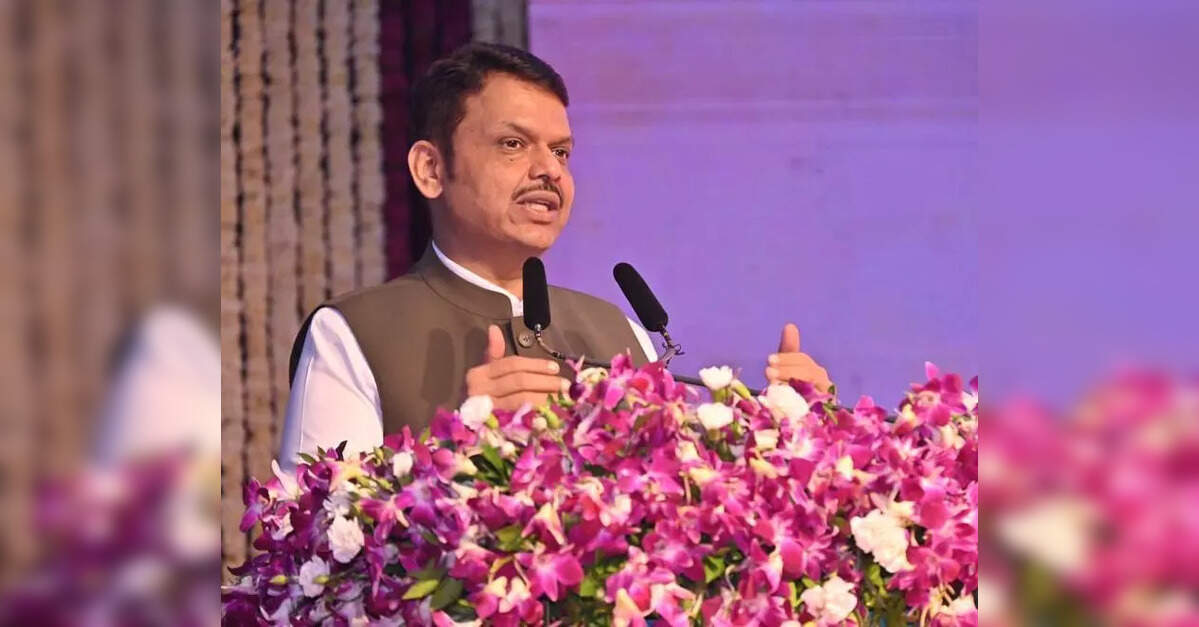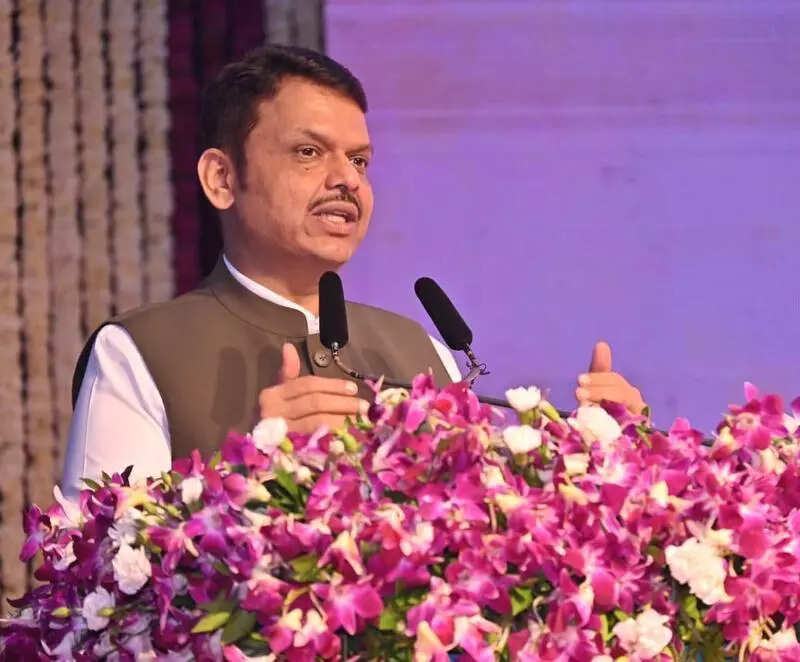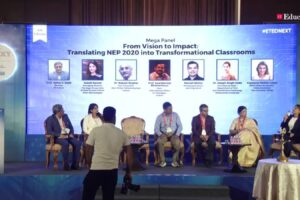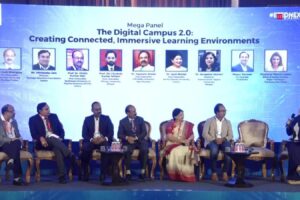
Maharashtra CM Fadnavis Commits to Accelerate University Faculty Recruitment Amid NIRF Ranking Concerns, ETEducation

Pune: Chief minister Devendra Fadnavis on Sunday assured that the long-pending issue of faculty recruitment in state universities will be resolved soon, claiming that 80% of over 11,000 vacant teaching posts will be filled in coming weeks, while approval for the remaining 20% will follow shortly.
Fadnavis admitted that the shortage of teaching faculty and poor student-teacher ratio adversely affected the performance of state universities in the National Institutional Ranking Framework (NIRF).
A Right to Information (RTI) query sought by activist Abhay Kolarkar last month from the state higher and technical education department has revealed that at present, universities and colleges face a vacancy of over 11,000 teaching staff across Maharashtra.
The CM was speaking after the Engineer’s Day programme organised by the Alumni Association of College of Engineering, Pune Technological University (CoEPTU) in Pune. He said that the governor’s office earlier recommended changes to ensure the recruitment process is carried out in a transparent manner.
He clarified that non-teaching staff positions are not counted in NIRF rankings and reiterated that the student–faculty ratio remains the most critical issue to address. He further assured that immediate corrective measures are being implemented.
“There were certain hurdles in the past. The governor insisted on transparency and hence, some procedural changes were made. Those are now finished. We will soon begin filling 80% of vacant posts; permission for the remaining 20% will also be granted,” he said.
State higher and technical education minister Chandrakant Patil, who played a key role in securing permission for the appointments, was also present at the programme.
Explaining the impact of the shortage of teaching staff on rankings, Fadnavis said that the NIRF data revealed a significant drop in scores in the student–teacher ratio category. “Universities in the state have slipped in NIRF rankings because our marks fell in this crucial area. I have taken detailed feedback from vice-chancellors on this issue. Both I and (Chandrakant) Patil have held discussions with them. Necessary reforms will be undertaken so that universities improve their performance without losing marks in other areas,” he added.
Patil also admitted that lack of faculty recruitment and research funding due to financial constraints has hurt rankings.
The shortage of faculty members has been a long-standing concern in Maharashtra’s public universities. Teachers’ associations have repeatedly highlighted how vacant posts affect both the quality of education and the ability of institutions to compete nationally. Several teachers’ unions have already launched agitations in front of the Directorate of Higher Education office, and from Sept 15, demonstrations are planned at Azad Maidan in Mumbai to press for urgent recruitment.
Meanwhile, the CM’s assurance comes at a time when the academic community has been growing restless about delays. A member of the state senior college teachers’ association said, “Lack of appointments has put additional pressure on existing staff, reduced research output, and limited the overall learning experience for students.”
Govt, however, is confident that the upcoming recruitment drive will not only strengthen the teaching workforce but also help universities regain their position in national rankings. “This is a matter of priority. The student–faculty ratio is serious, but we are committed to correcting it quickly. Our universities have great potential, and these reforms will ensure they perform better in the future,” Fadnavis said.
Meanwhile, at the CoEPTU event, Fadnavis stressed that autonomy is vital for higher and technical education. “Without autonomy, new research cannot flourish, and the prevailing control mindset must change. Granting autonomy, however, should not lead to arbitrariness,” he cautioned.
Fadnavis praised CoEP’s 172-year legacy and its contribution to engineering and technology, while highlighting the transformative role of AI and quantum computing, urging institutions to prepare skilled manpower.
Vice-chancellor Sunil Bhirud outlined plans to expand student intake to 10,000 by 2030, boost research, and forge collaborations. The alumni association, which supports scholarships and training, connects over 25,000 members globally.
Source link



